Just a few months ago, many states began implementing stay-at-home orders due to the Coronavirus outbreak. As a result of more people staying at home, the number of commuters on the road drastically dropped. With less traffic and congestion on our highways, one would think that the number of motor vehicle accidents also plummeted. But, the truth is the exact opposite of what you would believe.
The National Safety Council reported that the number of motor vehicle fatalities per mile driven increased by 14% in March 2020 compared with March 2019. Although the number of miles driven dropped by over 18%, these deadly accidents continued to increase. In March 2019, the mileage death rate per 100 million miles driven was 1.07. Comparably, this number rose to 1.22 in March of this year. This includes drivers, passengers, pedestrians, and cyclist.
 Louisiana Injury Lawyers Blog
Louisiana Injury Lawyers Blog


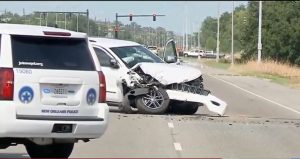
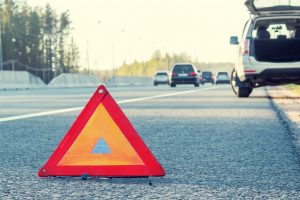
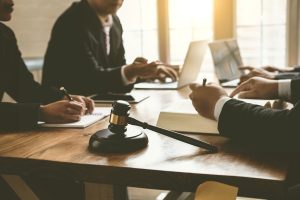
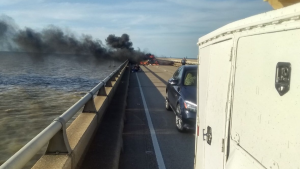
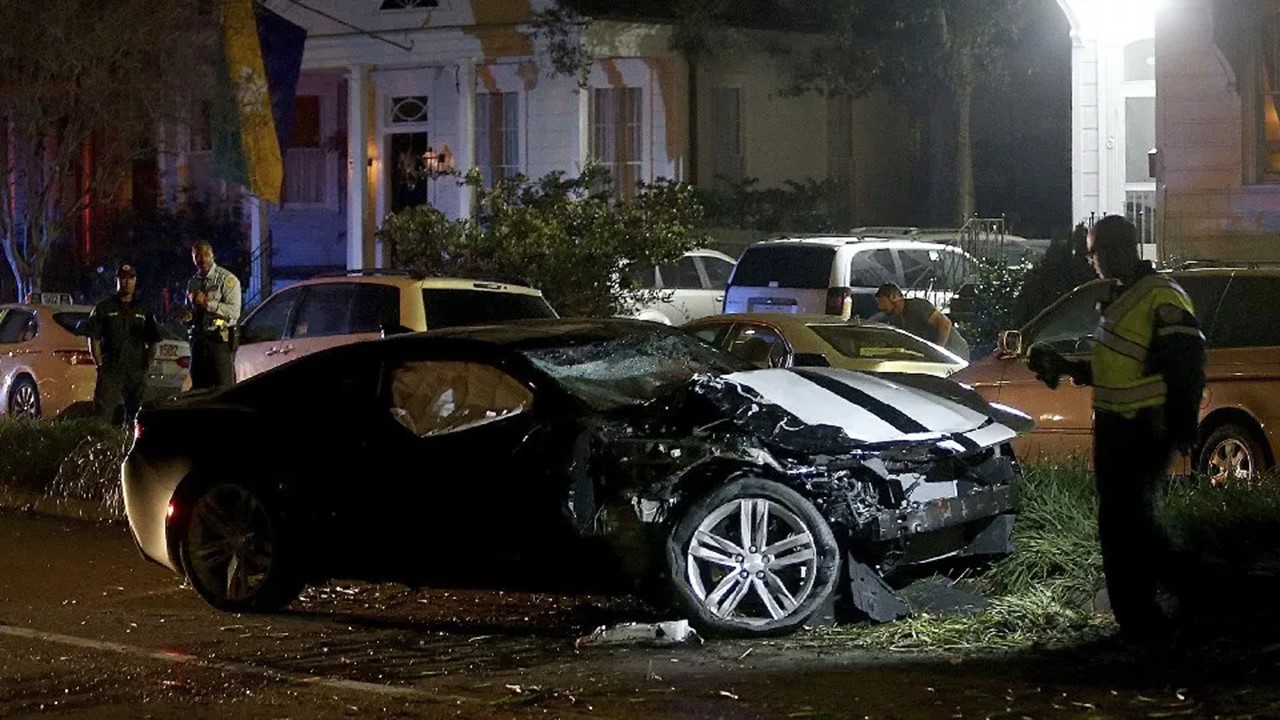 On the night of Saturday, March 2nd, two individuals were killed and seven others were injured after an alleged drunk driver crashed into them.
On the night of Saturday, March 2nd, two individuals were killed and seven others were injured after an alleged drunk driver crashed into them.